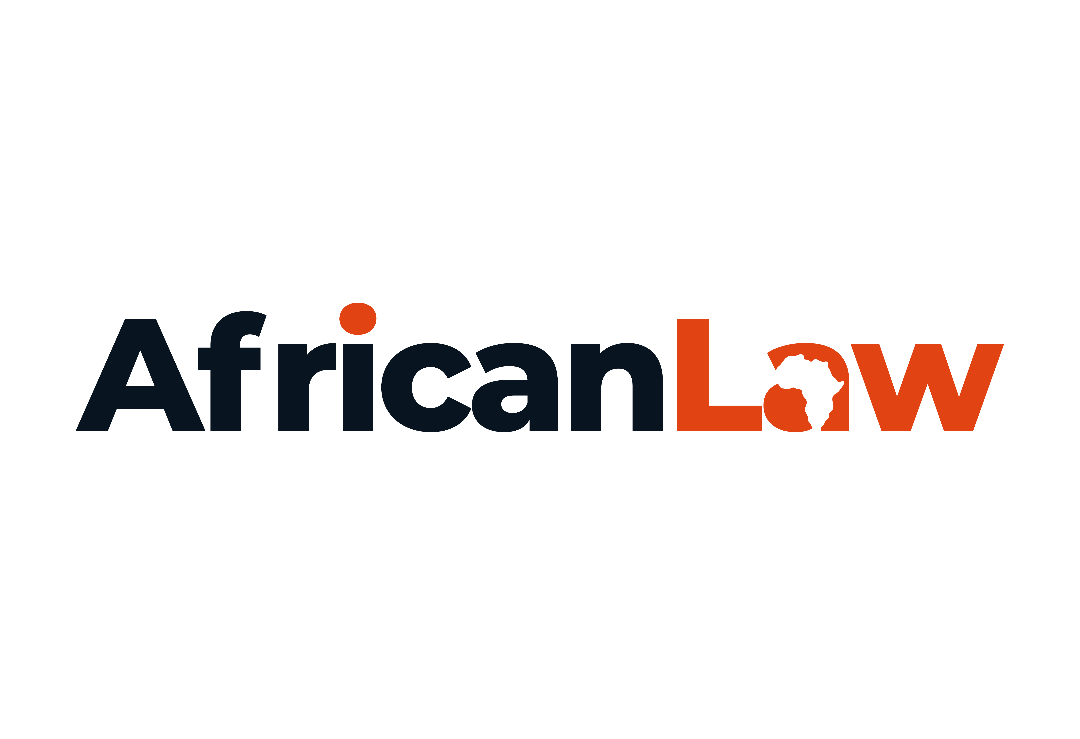Registered trademarks are increasingly becoming popular in Kenya as an effective tool to differentiate and protect brands. The operative law is the Trade Marks Act, Chapter 506 Laws of Kenya (“the Act”). The first registration period is ten (10) years which can be indefinitely renewed for further periods of ten (10) years after the expiry of the first registration or of the last renewal.
The Act describes a mark to include 'a distinguishing guise, slogan, device, brand, heading, label, ticket, name, signature, word, letter or numeral or any combination thereof whether rendered in two-dimensional or three-dimensional form'.
Why formally register a trademark?
Trademarks distinguish goods (and services) from other similar products by differentiating them in the eyes and minds of the average consumer. They also protect the goodwill and reputation of the respective business entities that own them. They also prevent confusion, helping consumers identify the trademarked products or services as those belonging to a particular business entity that they would want to associate with.
Registration of a trademark is direct evidence of exclusive ownership in Kenya and helps keep off potential infringers who would be attempted to ride on the goodwill of your mark. It enables you to enforce your rights and protect them more easily in case someone was to challenge them since the burden is on the challenger to prove any rights in a dispute.
The process of registration with its thorough checks for conflicting trademarks ensures that you have a unique mark that does not resemble any other parties mark and in so doing helps one avoid infringement of other parties' rights. In a dispute, the burden is on the challenger of the registered trademark to prove ownership. Use of an unregistered trademark can lead to a lengthy, expensive legal dispute over who has the right to use it. A registered trademark is also an invaluable asset for business expansion especially so through licensing.
What types of marks can be registered in Kenya?
In order for a trade mark (other than a certification mark) to be registrable in Kenya under the Act it must contain or consist of at least one of the following essential particulars:
- The name of a company, individual or firm, represented in a special or particular manner;
- The signature of the applicant for registration or some predecessor in his business;
- An invented word or invented words;
- A word or words having no direct reference to the character or quality of the goods, and not being according to its ordinary signification a geographical name or a surname;
- Any other distinctive mark.
There are marks that need special permission prior to registration such as those that may contain the colors of the national flag of the Republic of Kenya, and others that are not registrable such as those that may offend public policy.
Methods of trade/service mark registration in Kenya
National Registration - If you just want to register your Trademark in Kenya alone, it is sufficient to apply for a national registration at the local trademark office.
International Registration (Madrid System) - If you already have filed a trademark application or have a trademark registration in one or more countries of the Madrid Union (based on the Madrid Agreement and Madrid Protocol), you can obtain trademark protection in multiple countries by filing one single application.
Process of trade/service mark registration in Kenya
1. A trademark application must be brought to the Trademark Office at the Kenya Industrial Property Institute (KIPI) by a local agent in the prescribed form. A simply signed power of attorney is necessary.
2. An applicant will start by filling out a form which appoints the applicant’s trademark agent who then conducts a preliminary search for the availability of the mark for full registration.
3. The preliminary search is carried out to find out whether the trademark is registrable or not and whether a trademark which could be confused with the intended trademark exists.
4. Where the mark is found fit for registration after search, a full application for registration is made to the Registrar in the prescribed form accompanied by seven (7) representations of the mark. A single application may cover more than one class. Classes are the Kenyan categories for goods and services as recognized by KIPI. KIPI recognizes and uses the NICE Classification of Goods and Services as developed and published by the World Intellectual Property Organization (WIPO).
5. Disclaimer in trademark - A disclaimer is a statement indicating that a certain word or portion of a trademark is not protected separately and apart from the mark as a whole. This means that it is possible to have in your trademark parts or words that are generic or commonly used in the trade for those products with the understanding that you have no monopoly over it/them and thus no right to bar others from using those words. An example here would be “Dabilu Mineral Water”; the disclaimer would cover the words “mineral water”. Having a disclaimer does not however mean that you can never use the disclaimed portion as part of your mark.
6. Once the mark is examined as to distinctiveness and approved/accepted, it will be published in the monthly Industrial Property Journal of KIPI (an online publication) for sixty (60) days to allow any interested party an opportunity to raise objections to the pending application prior to registration.
7. An opposition to the trademark application may be lodged within sixty (60) days from the date that the advertisement of the trademark application has been published. The extension of the opposition period is possible at the discretion of the Registrar for a maximum of ninety (90) days. If there is no opposition to the mark within the prescribed time, a Certificate of Registration is issued to the applicant, making the applicant the officially registered proprietor of the mark.
8. The registration may be cancelled if the trademark was registered without any bona fide intention to use the trademark, or that it has been no bona fide use of the trademark up to one (1) month before the date that the application for cancellation has been submitted. The registration may also be cancelled if there has been no bona fide use of the trademark for a continuous period of five (5) years and one (1) month until the date of application for cancellation.
9. Permitted use by a third party cannot be accepted by the proprietor unless the user has been recorded as a licensee. In Kenya licensing is recognized and license agreements must be duly registered at KIPI. The license agreement must be provided for quality control by the licensor. The use of a registered trademark without the license of the registered proprietor constitutes infringement. Assignments are also permitted and can be made with or without the goodwill of the business. The requirements for assignment are:
- A properly executed Deed of Assignment.
- Power of attorney from the assignee.
Who can file for a trade/service mark?
An individual, a company or any lawful association can apply for a trademark provided they meet the requirements of the Act.
Trademark registration and other IP services in Kenya can be accessed on the online shop here.

















